As people age, the body’s metabolism slows down, and nutritional needs become more specific. Seniors need foods that are rich in vitamins, minerals, and fiber but low in sodium, sugar, and unhealthy fats. Unfortunately, many processed foods offer convenience at the expense of health, often packed with additives that can increase the risk of heart disease, high blood pressure, and diabetes. Nutrition experts emphasize the importance of reading labels and opting for whole, natural options instead. Avoiding certain processed foods can make a big difference in maintaining energy, brain function, and overall vitality in the golden years.
1. Processed Meats
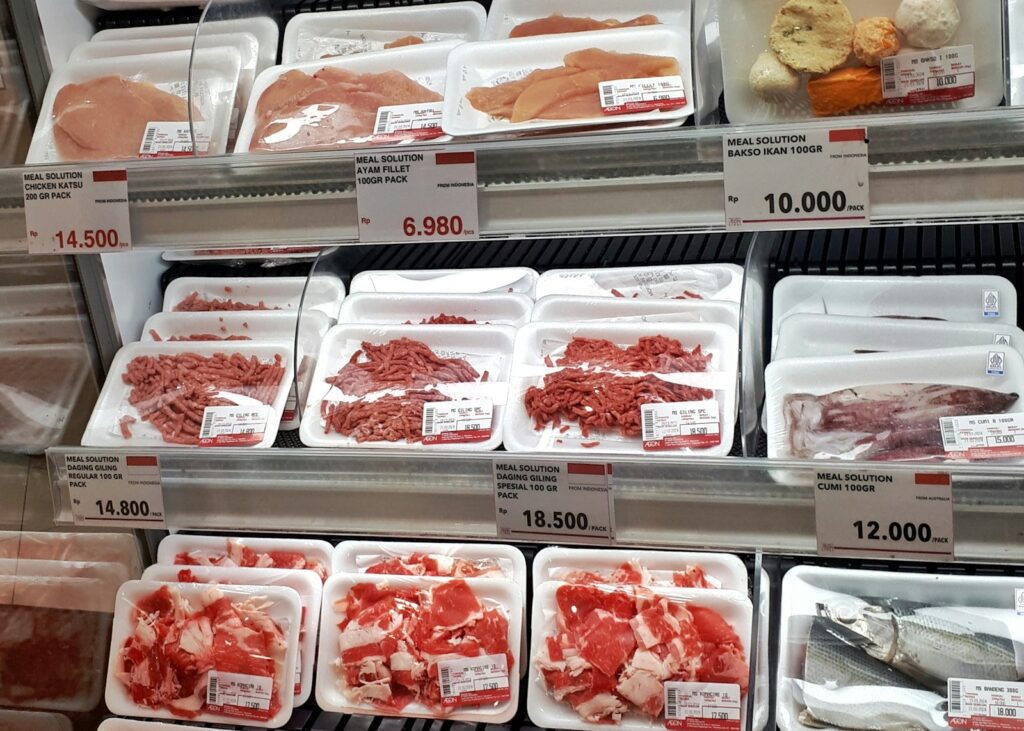
Processed meats such as bacon, sausages, and hot dogs contain high levels of sodium, saturated fats, and preservatives like nitrates and nitrites. These additives are linked to heart disease and certain cancers. For seniors, consuming these regularly can worsen blood pressure and cholesterol levels. It’s better to replace them with lean protein sources such as fish, skinless poultry, or plant-based proteins like beans and lentils. Reducing processed meat intake supports cardiovascular health and lowers the risk of inflammation, which is particularly beneficial for older adults who need to preserve their energy and heart strength.
2. Packaged Frozen Meals
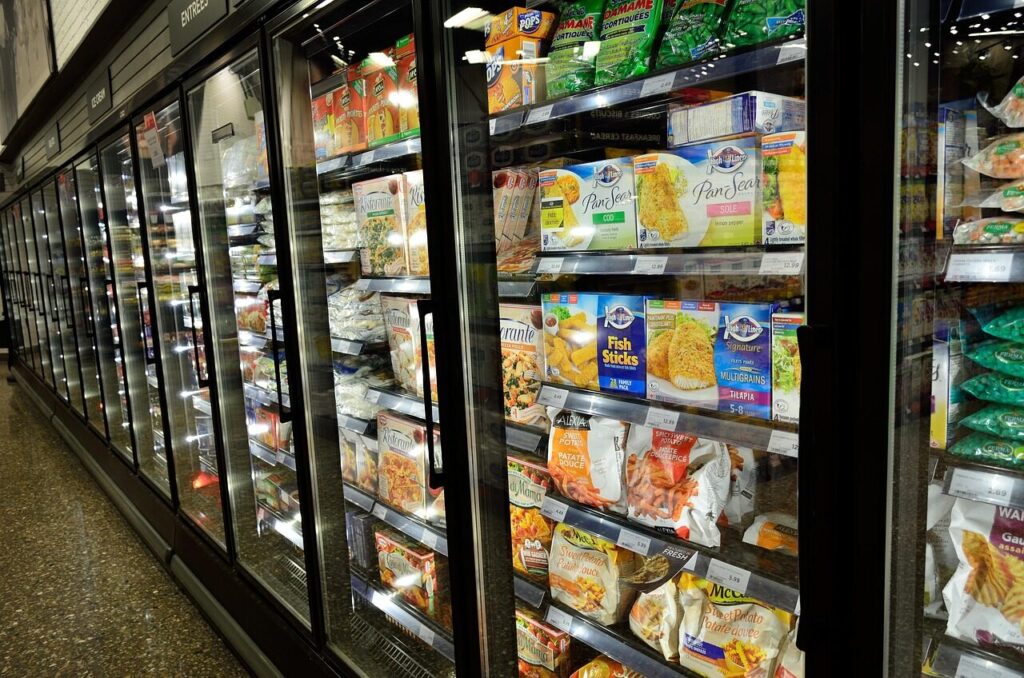
Frozen dinners and microwave-ready meals are convenient but often come loaded with sodium, refined carbohydrates, and artificial ingredients. These can contribute to fluid retention, high blood pressure, and weight gain. Seniors may find them appealing due to their ease of preparation, but they offer little nutritional value. Instead, preparing larger portions of homemade meals and freezing them in smaller servings is a healthier alternative. This way, seniors can enjoy the same convenience while ensuring balanced nutrition, controlled salt levels, and better digestion without sacrificing taste or overall health in their daily meals.
3. Sugary Breakfast Cereals
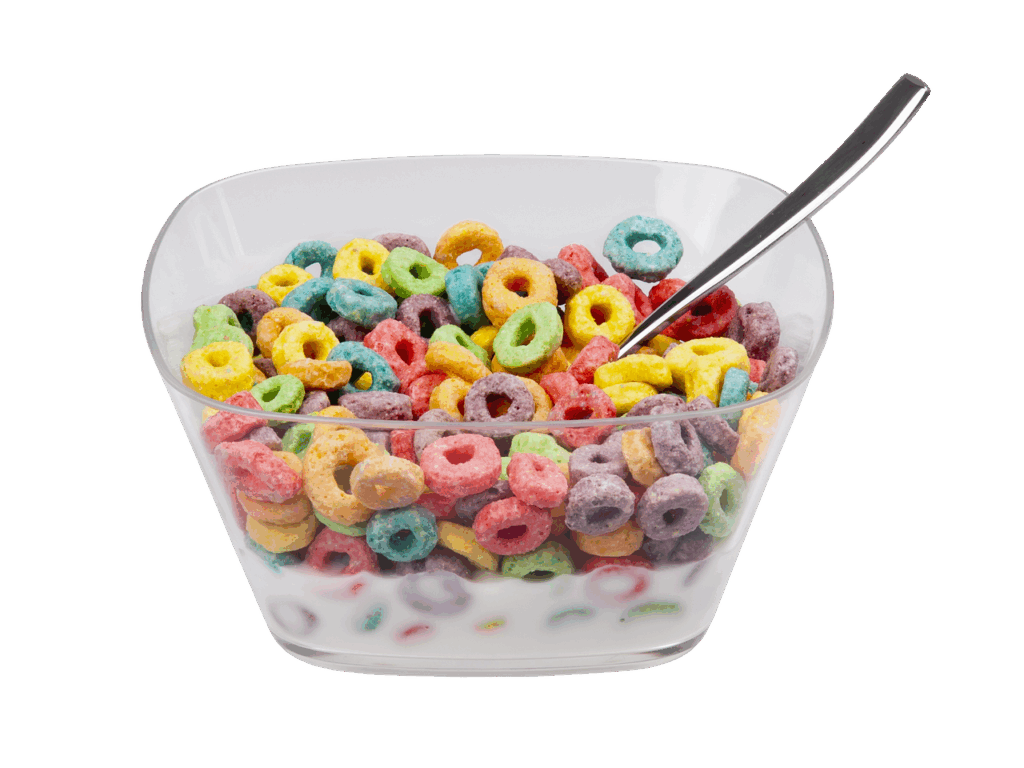
Many cereals marketed as “healthy” are actually packed with added sugars that can spike blood glucose levels and cause energy crashes. For seniors, managing blood sugar is crucial to preventing diabetes and maintaining steady energy throughout the day. These cereals also tend to lack fiber, which aids digestion and heart health. Opting for whole-grain oats or unsweetened bran cereals is a smarter choice. Adding fresh fruits, nuts, or seeds provides natural sweetness and nutrients. A wholesome breakfast helps stabilize mood, boosts alertness, and sets a positive tone for the rest of the day.
4. Instant Noodles
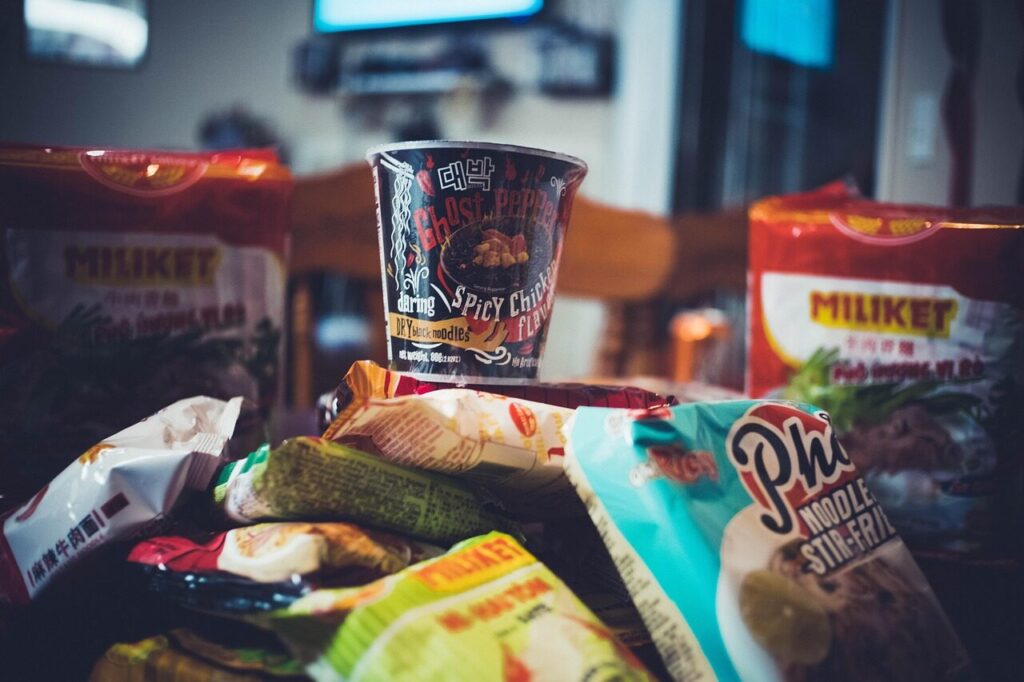
Instant noodles are a popular comfort food, but their high sodium content and lack of essential nutrients make them unsuitable for seniors. The seasoning packets often contain preservatives, trans fats, and artificial flavorings that can negatively impact heart and kidney health. Regular consumption may lead to increased blood pressure and nutrient deficiencies. Instead, seniors can create a similar warm meal using whole-grain pasta or rice noodles with homemade broth and fresh vegetables. This alternative provides hydration, vitamins, and fiber without the excessive salt, ensuring a comforting yet healthy dish that supports long-term wellness.
5. Packaged Snacks and Chips
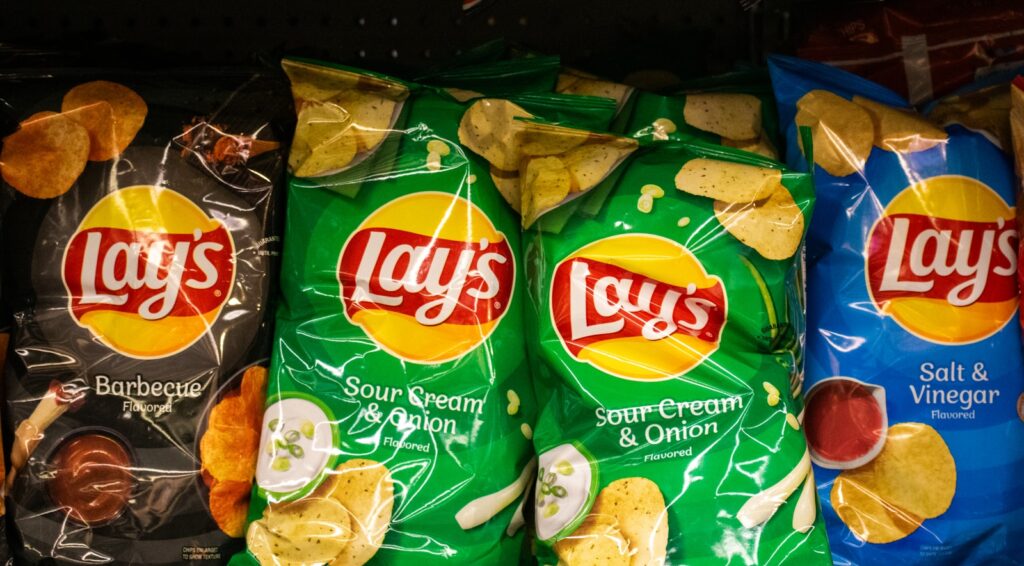
Packaged chips, crackers, and similar snacks are high in refined oils, sodium, and preservatives that can contribute to inflammation and poor cardiovascular health. Seniors often eat them out of habit or convenience, but these snacks offer little to no nutritional value. They can also disrupt appetite, replacing more nourishing meals. Swapping them for air-popped popcorn, roasted nuts, or sliced vegetables provides crunch and satisfaction while supplying beneficial nutrients. Healthy snacking supports stable blood sugar, better digestion, and stronger immunity, all key factors in maintaining vitality and overall wellness in older adulthood.
6. Processed Cheese and Cheese Spreads
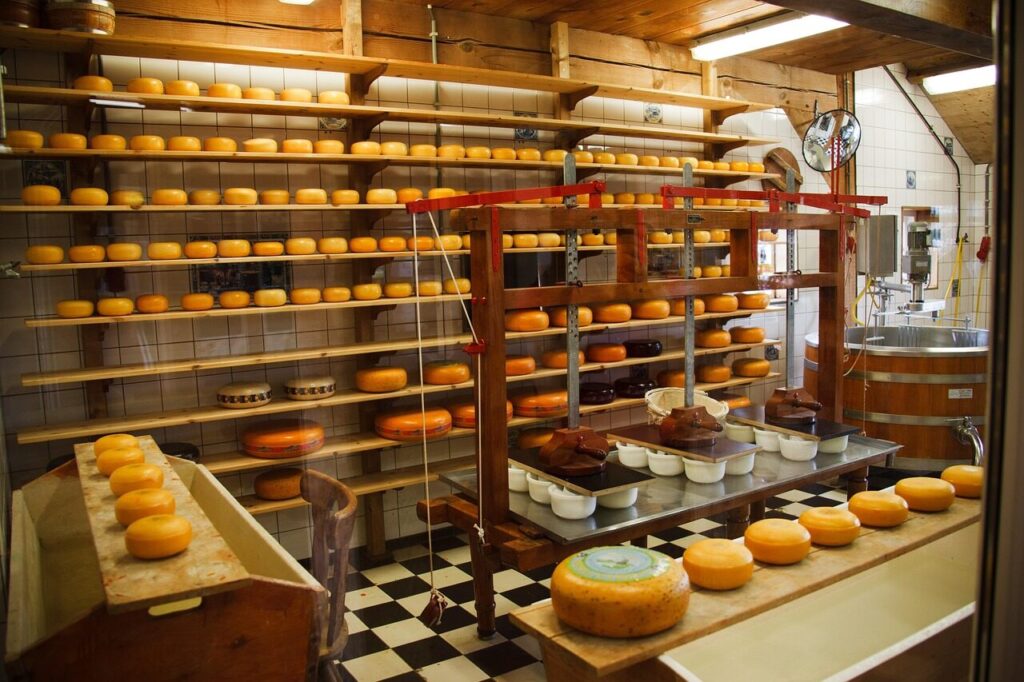
Processed cheese products and spreads often contain emulsifiers, sodium, and artificial coloring agents. While they may seem like an easy calcium source, they lack the nutritional density of real cheese. For seniors, excess sodium can lead to swelling, high blood pressure, and kidney strain. Choosing natural cheeses like mozzarella, cottage cheese, or low-sodium options ensures more protein and calcium with fewer additives. Moderation is key, and pairing real cheese with whole-grain crackers or fruits creates a balanced snack that supports bone health, muscle maintenance, and a steady source of long-lasting energy.
7. Sweetened Beverages
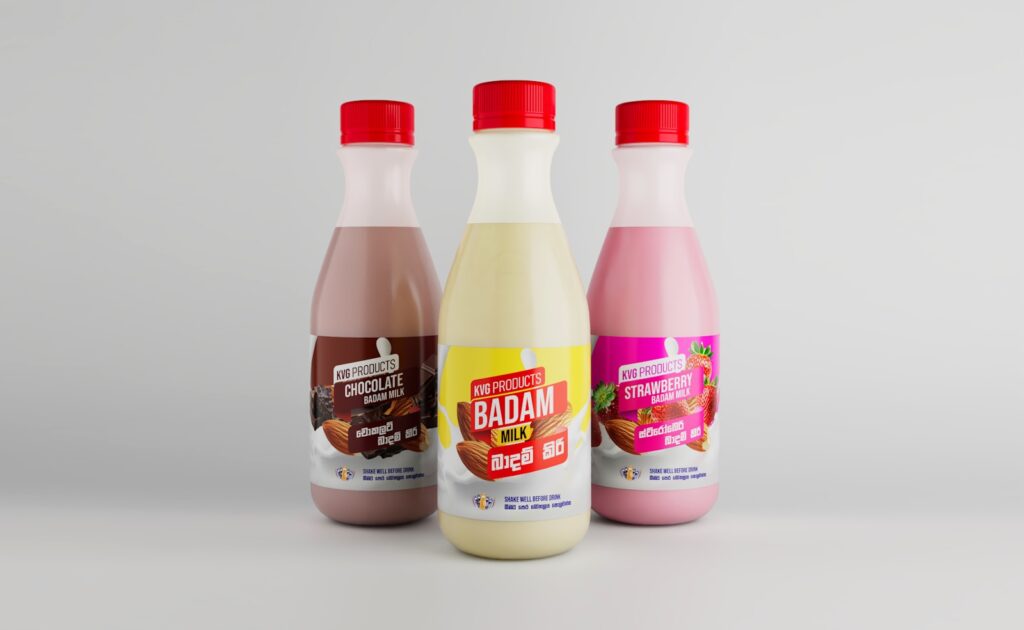
Sodas, energy drinks, and sweetened fruit juices are among the most harmful processed items for seniors. They deliver high amounts of sugar with no fiber, leading to rapid spikes and drops in blood sugar levels. Over time, this increases the risk of type 2 diabetes, obesity, and heart disease. Dehydration is also a concern since these drinks do not provide the hydration benefits of water. Seniors should focus on drinking water, herbal teas, or natural fruit-infused water instead. These healthier choices keep the body hydrated, support digestion, and contribute to improved cognitive and heart function.
Comments